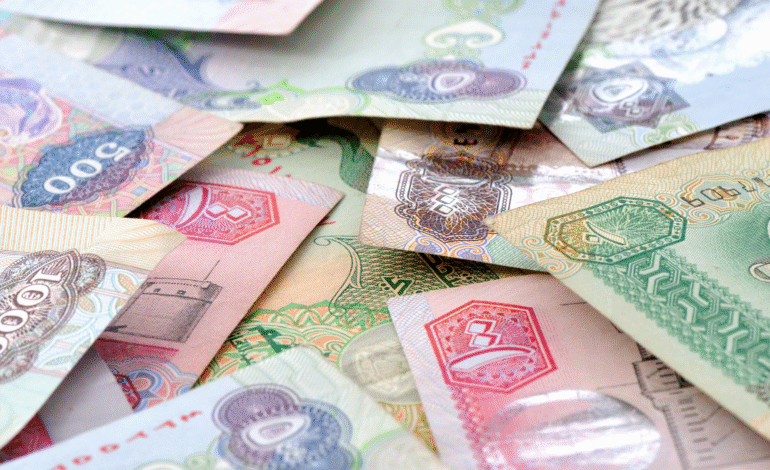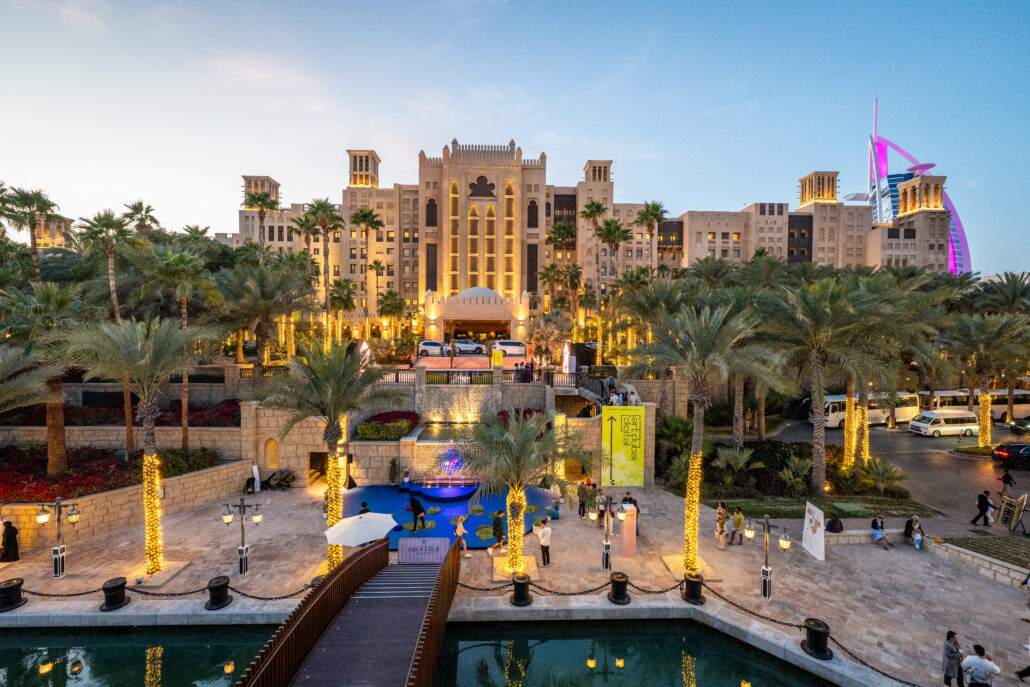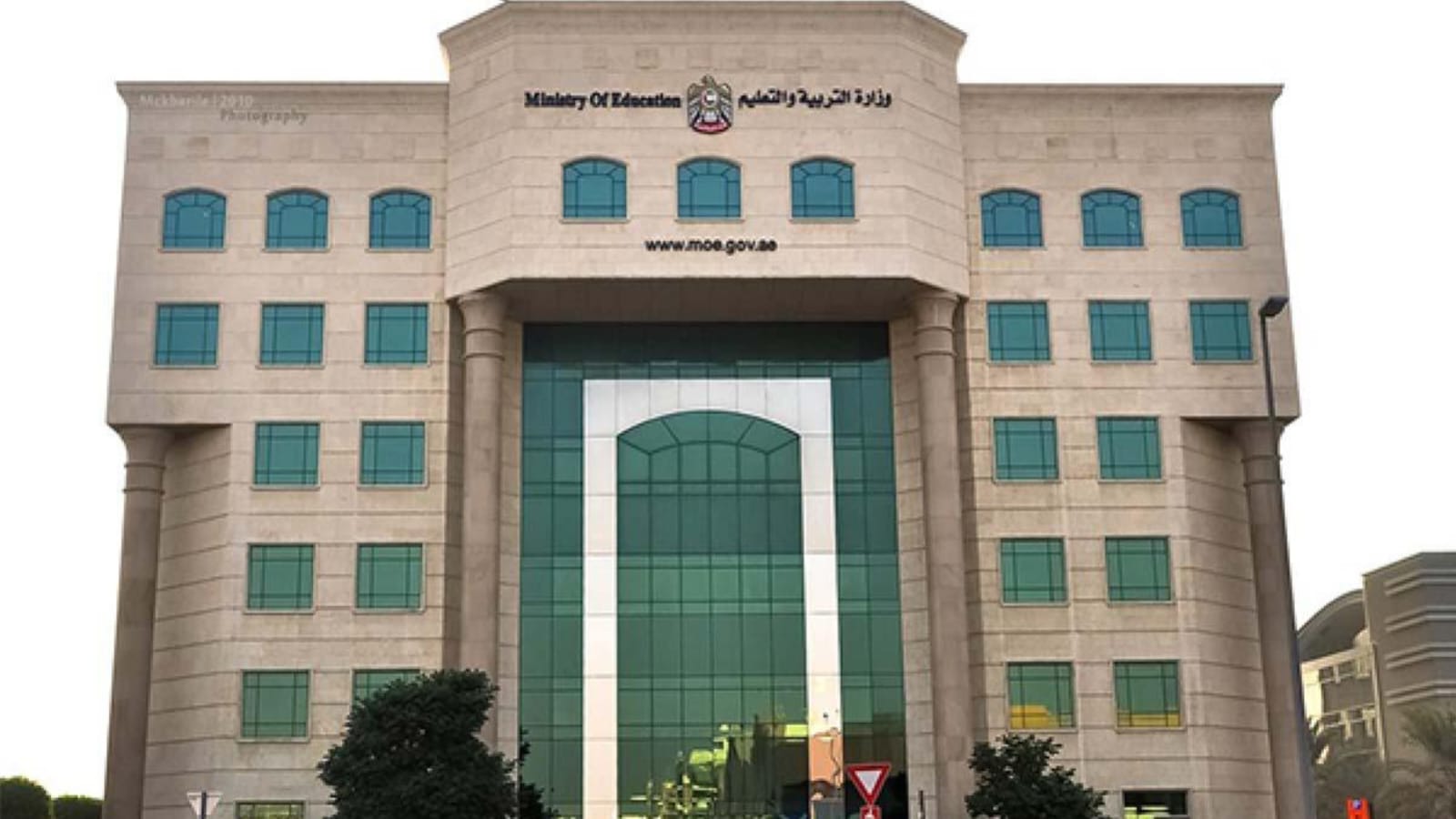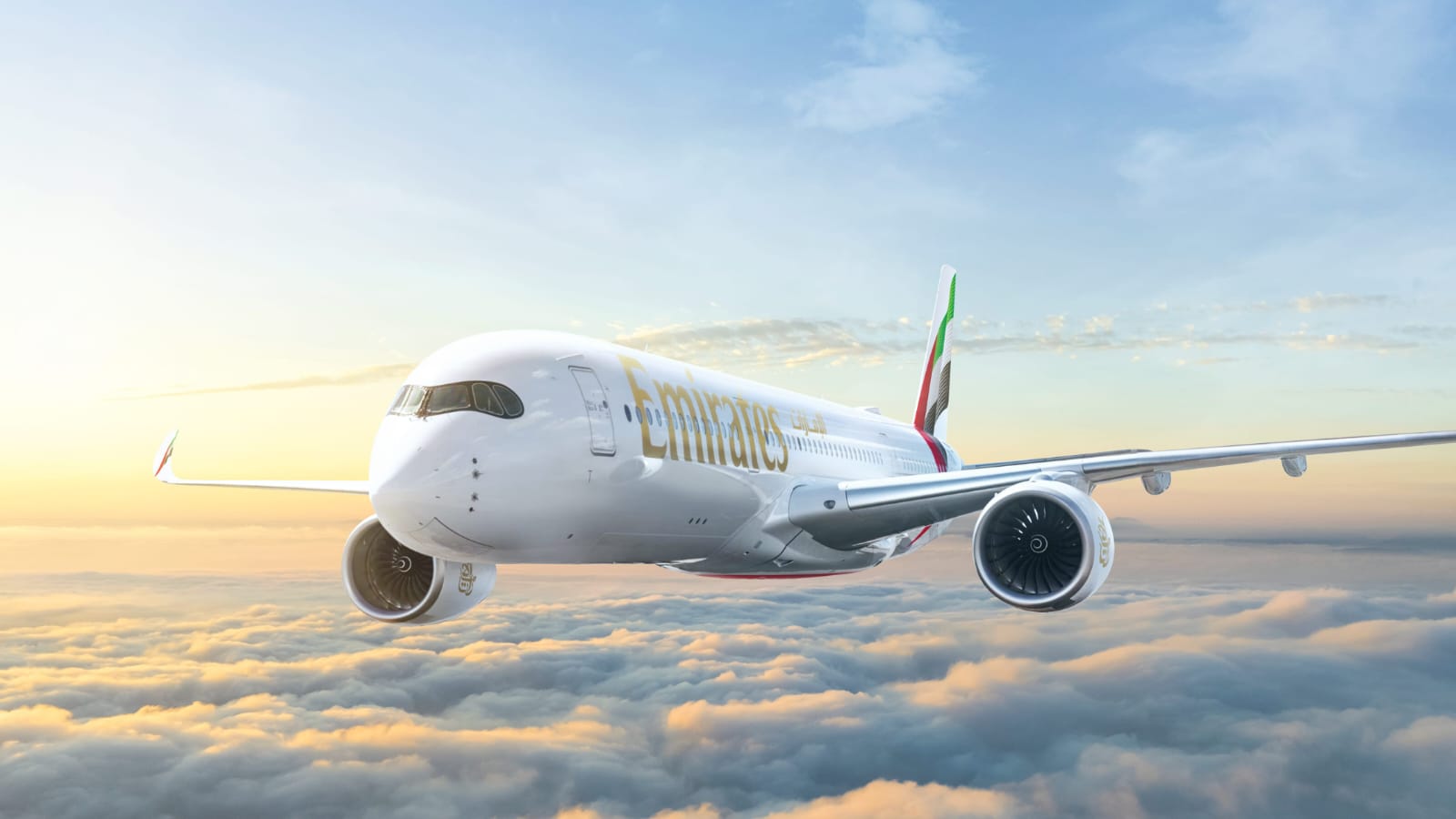UAE Strengthens Global Role In Islamic Finance And Halal Trade

The United Arab Emirates (UAE) continues to strengthen its position as a global center for Islamic finance and the halal industry. This effort aligns with the country’s broader strategic vision to diversify its economy and enhance international competitiveness. With a combination of forward-thinking policies, advanced financial and industrial infrastructure, and a focus on knowledge-based development, the UAE is charting a sustainable path toward economic transformation. Central to this progress are two rapidly growing sectors: Islamic finance and the halal industry. These industries are playing a pivotal role in redefining the UAE’s role in the global economy.
National Strategy Boosts Islamic Finance and Halal Sector Growth
In May 2025, the UAE introduced a comprehensive national strategy to develop Islamic finance and the halal industry. This strategy seeks to create a cohesive and integrated ecosystem that supports the growth of Islamic financial services, including banking, Takaful (Islamic insurance), Sukuk (Islamic bonds), and other non-banking financial activities. Aligned with international best practices and Sharia-compliant standards, the framework promotes sustainable growth and financial inclusion. The UAE’s move comes at a time when global interest in ethical finance and halal-certified products is surging, presenting vast opportunities for investment and innovation.
Islamic Banking Shows Consistent Expansion In UAE Economy
According to recent data published by the Central Bank of the UAE in February 2025, Islamic banks now account for nearly 18 percent of total banking assets in the country. Additionally, they represent 22.8 percent of total credit within the national banking landscape. These figures highlight the substantial role Islamic finance is playing in the overall financial system of the UAE. As the global market for Sharia-compliant financial services grows, the UAE’s leadership in this sector is increasingly relevant.
Sukuk Market Gains Momentum With Government Support
The Sukuk market has seen remarkable expansion over the past few years. A significant milestone was achieved in 2023 with the launch of the dirham-denominated Islamic Treasury Sukuk (T-Sukuk) by the UAE federal government. This initiative signaled a new era for Islamic fixed-income instruments in the country. The UAE is now one of the largest centers globally for Sukuk listings. As of May 2025, Sukuk valued at more than $95.7 billion were listed on Nasdaq Dubai. This development cements the country’s reputation as a hub for Sharia-compliant capital markets.
UAE Ranks Fourth Globally In Islamic Financial Assets
The strength of the UAE’s Islamic financial market is further underscored by its fourth-place ranking in total Islamic financial assets worldwide, according to the 2023 Islamic Finance Development Indicator. The country’s ability to attract investors, institutions, and partners from across the world demonstrates its growing influence in the sector. Key figures in the industry, such as Jamal Saleh, Director-General of the UAE Banks Federation (UBF), have emphasized the strategic importance of Islamic finance to the country’s development agenda. In his comments to the Emirates News Agency (WAM), Saleh noted that the UAE’s efforts are helping Islamic finance thrive both locally and on the global stage.
Rapid Credit And Deposit Growth Reflect Sector Confidence
As of February 2025, Islamic banks in the UAE had extended total credit worth Dhs503.5 billion. This figure marks a 16 percent year-on-year growth, indicating strong confidence in the sector. Credit to the private sector stood at Dhs350.4 billion, reflecting a 13.2 percent annual increase. In parallel, deposits at Islamic banks reached Dhs595.3 billion, posting an annual growth rate of 16.9 percent. These figures point to increasing public and institutional trust in Islamic financial services, as well as their growing importance to the national economy.
Halal Industry Positioned For Long-Term International Expansion
The halal industry in the UAE is also entering a new phase of growth and global engagement. The national strategy for Islamic finance includes a clear objective to position the UAE as a leading center for halal production and exports. One of the most ambitious goals of this initiative is to raise halal exports from Dhs74 billion in 2023 to Dhs315 billion by 2031. The strategy leverages the UAE’s geographic location, logistical infrastructure, and regulatory excellence to tap into a growing global demand for halal-certified products.
Halal Food Market Set To Surpass $31 Billion By 2029
Reports from Bonafide Research estimate that the UAE’s halal food and beverage market will exceed $31.27 billion by 2029. This projection underscores a growing trend in consumer awareness regarding dietary and ethical standards. Increasingly, consumers are seeking halal-certified products not only for religious reasons but also for their association with quality and integrity. These trends are encouraging both domestic manufacturers and international brands to prioritize halal certification in their operations.
Manufacturers Recognize Halal Sector’s Strategic Potential
Saleh Lootah, Chairman of the UAE Food and Beverage Manufacturers Group, has described the national strategy as a landmark initiative that will solidify the UAE’s status as a global halal manufacturing center. In his comments to WAM, Lootah highlighted the enthusiasm of local producers to enter the halal market. He noted that the sector is becoming a magnet for investment and innovation, as well as a source of significant employment and export opportunities. The expanding role of the halal industry is not just economic; it is also social, contributing to food security, sustainability, and ethical consumption.
Strategic Location Enhances Global Trade And Tourism Appeal
The UAE’s strategic location at the crossroads of East and West is central to its success in both Islamic finance and the halal industry. The country’s advanced logistics, connectivity, and digital infrastructure provide the backbone for these industries to grow and thrive. As a global trade and tourism hub, the UAE attracts consumers and businesses from diverse backgrounds, many of whom seek trustworthy and certified halal products and services. This dynamic ecosystem enhances the country’s attractiveness to international investors and multinational corporations.
Historic Legacy And Innovation Drive Islamic Financial Growth
The roots of Islamic finance in the UAE date back to 1975 with the establishment of the country’s first Islamic bank. Since then, the industry has evolved significantly, encompassing full-fledged Islamic banks, specialized financial institutions, and Sharia-compliant windows within conventional banks. The sector’s resilience and adaptability have made it a key pillar of the UAE’s economic framework. The government continues to enact supportive policies and legislation aimed at fostering innovation and international alignment. These efforts are helping the country transition to a more inclusive and diversified economic model.
Policy Reforms And Legal Frameworks Enable Sector Development
To support the growth of Islamic finance and the halal industry, the UAE has introduced a series of policy reforms. These include regulations that align with international standards and enable market participants to operate efficiently and transparently. Legal frameworks have been developed to support sukuk issuance, improve Takaful services, and expand access to Islamic banking. These measures provide clarity and security for investors and ensure that the UAE remains competitive in global Islamic economic markets.
Islamic Economy’s Role In National Development Strategy
The broader Islamic economy, encompassing finance, halal food, lifestyle, tourism, and philanthropy, plays a growing role in the UAE’s national development strategy. The focus on ethical finance, sustainable production, and responsible consumption aligns with global trends and consumer expectations. The UAE’s commitment to the Islamic economy supports its goals of inclusive development, innovation, and social responsibility. Through public-private partnerships and international collaborations, the country is building a robust ecosystem that integrates tradition with modernity.
Outlook: Islamic Finance And Halal Industry Set For Expansion
Looking ahead, the UAE’s Islamic finance and halal sectors are poised for continued growth. Strong government support, investor confidence, and global demand provide a solid foundation for expansion. As financial institutions, manufacturers, and entrepreneurs align with national strategies, new opportunities will emerge across various sectors. Whether through innovative sukuk instruments, advanced halal production, or ethical financial services, the UAE is laying the groundwork for a diversified and resilient economic future.
UAE’s Balanced Strategy Supports Global Islamic Economy Role
In conclusion, the UAE’s focused efforts in Islamic finance and the halal industry are producing tangible economic and social outcomes. By prioritizing sustainability, innovation, and global integration, the country is creating a vibrant and competitive Islamic economy. With a solid regulatory foundation, strategic planning, and an eye on future trends, the UAE is well-positioned to remain a leading global hub for Islamic finance and halal commerce for years to come.







